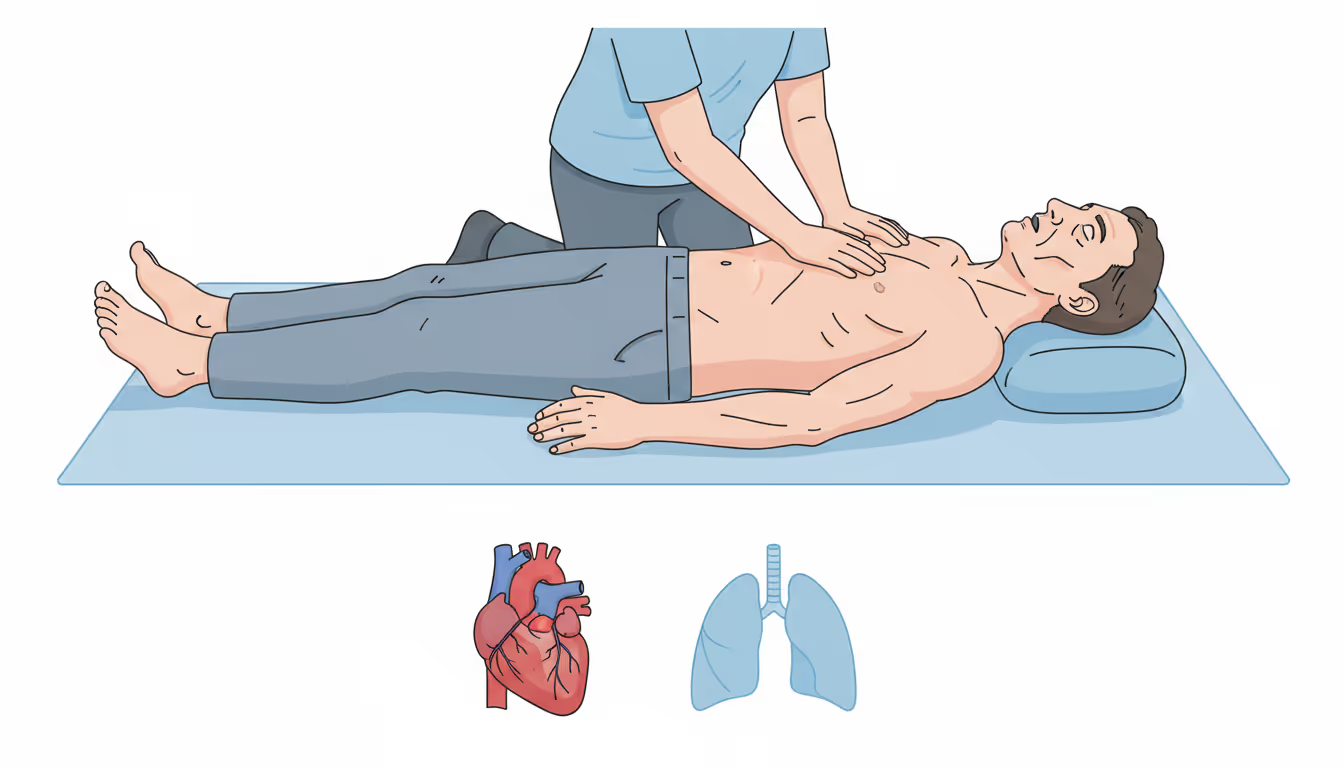
Myotonic dystrophy type 2 is a genetic condition affecting muscles and various other body systems, marked by gradual muscle weakening, extended muscle contractions (myotonia), eye lens clouding (cataracts), heart issues, hair loss, and infertility. Unlike type 1, type 2 arises from a mutation in a different gene and generally presents with milder symptoms. It accounts for approximately 2% of myotonic dystrophy cases. The low incidence of type 2 diagnoses could be attributed to the fact that its gene was only identified in 2001. In families of German descent, type 2 may be as prevalent as type 1. The ZNF9 gene mutations, characterized by excessively long expansions of a tetranucleotide repeat in the DNA, cause type 2. As this disorder is passed down through generations, its severity can increase due to a process known as anticipation. Type 2 myotonic dystrophy is inherited in an autosomal dominant pattern, meaning just one altered gene copy can lead to the disorder. Typically, an affected individual has one affected parent. This condition is also known as myotonia dystrophica type 2, myotonic dystrophy 2, proximal myotonic myopathy, PROMM, or Ricker syndrome.




